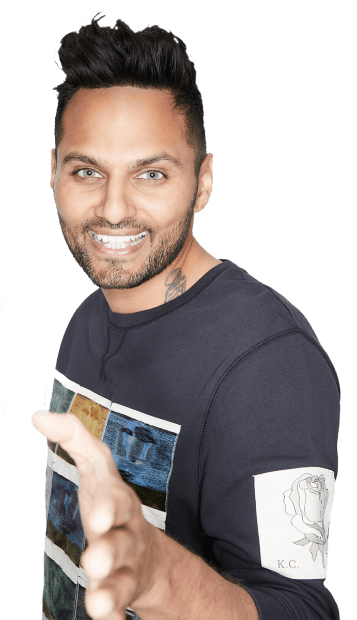
I was a curious child. Often described as gifted and artistic, I was also labeled hyperactive and disruptive when I began to get into trouble in the classroom at an early age. To combat this my parents put me into sports and a private school with smaller classrooms. Despite the changes in my environment, I continued to struggle. At times I had endless energy, playing on several sports teams at the same time with minimal sleep. Adversely, when that energy ran out, I would crash and often become physically ill. By the time I went off to college I was experiencing full-fledged manic and depressive cycles and my first thoughts of suicide. The transition from high school to college, along with the pressures of playing PAC 12 basketball were too much for me to manage. My parents did everything they could to help, but they, like the many doctors I saw, couldn’t solve my troubles.
For the next 20 years I visited more doctors than I can count. It was only after my second failed suicide attempt that I was diagnosed with Bipolar Disorder and was introduced to a team of professionals that helped me fix myself. Thus began my journey to becoming a mental health coach. Frustrated with traditional talk therapy, I thrived in a goal-oriented process that focused on cognitive behavioral therapy. Now, after nearly a decade in remission I look to help others navigate through life’s challenges.
As a graduate from the Jay Shetty Certification School, I am accredited with the Association of Coaching, TRACCERT, and the European Mentoring and Coaching Council. I am also a certified life coach through The Academy of Modern Applied Psychology and Peer-to-Peer Counselor for the National Alliance of Mental Illness (NAMI).
Now, as a mother, it is my goal to apply my education and years of experience in the mental health community to help others equip themselves so they can navigate the obstacles that are sure to pop up throughout life. Not every situation is a clinical mental illness. Mental health is also about situational or circumstantial matters. It is important we recognize the difference and maneuver accordingly. Through coaching we can better understand and even predict the obstacles you are facing and how you can utilize your personalized tool kit that can act as a lifesaving resource.




